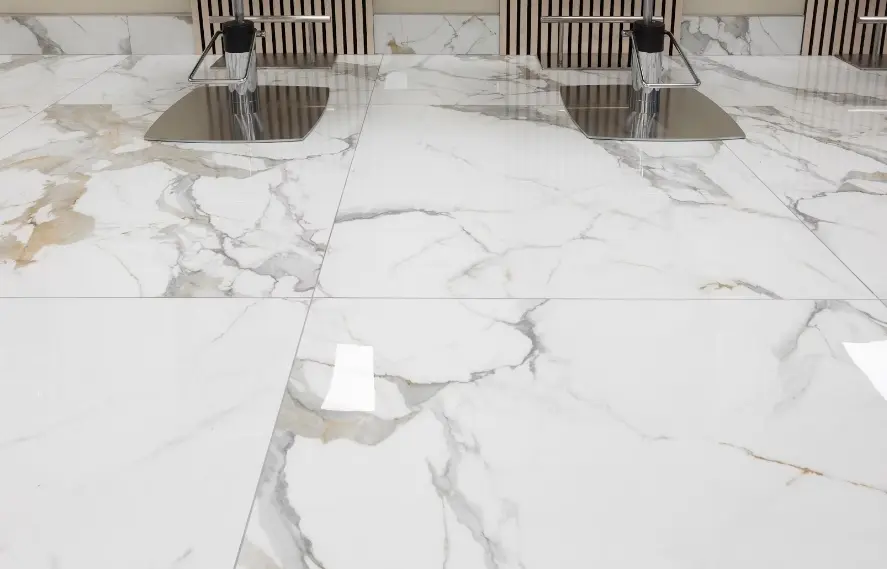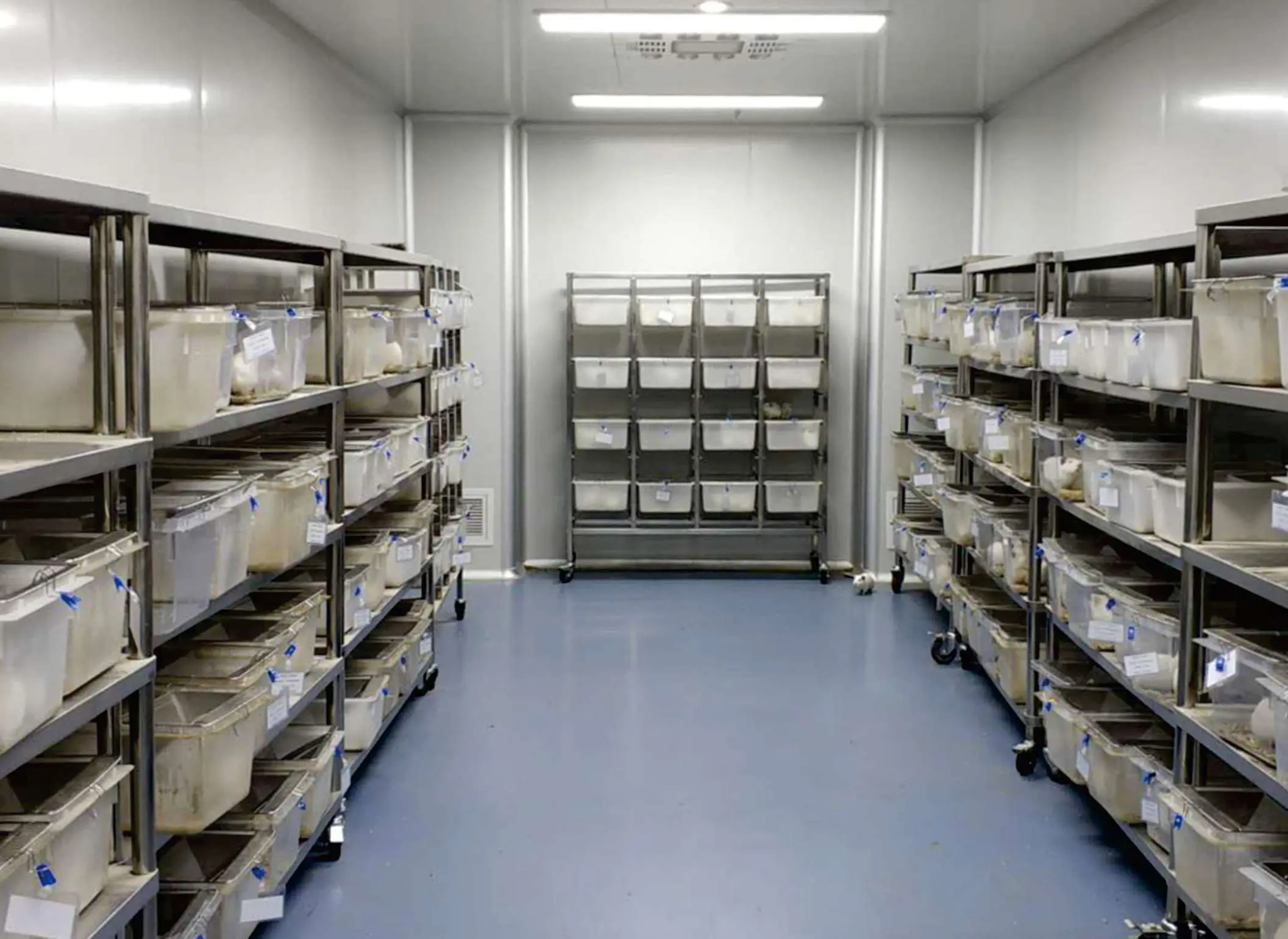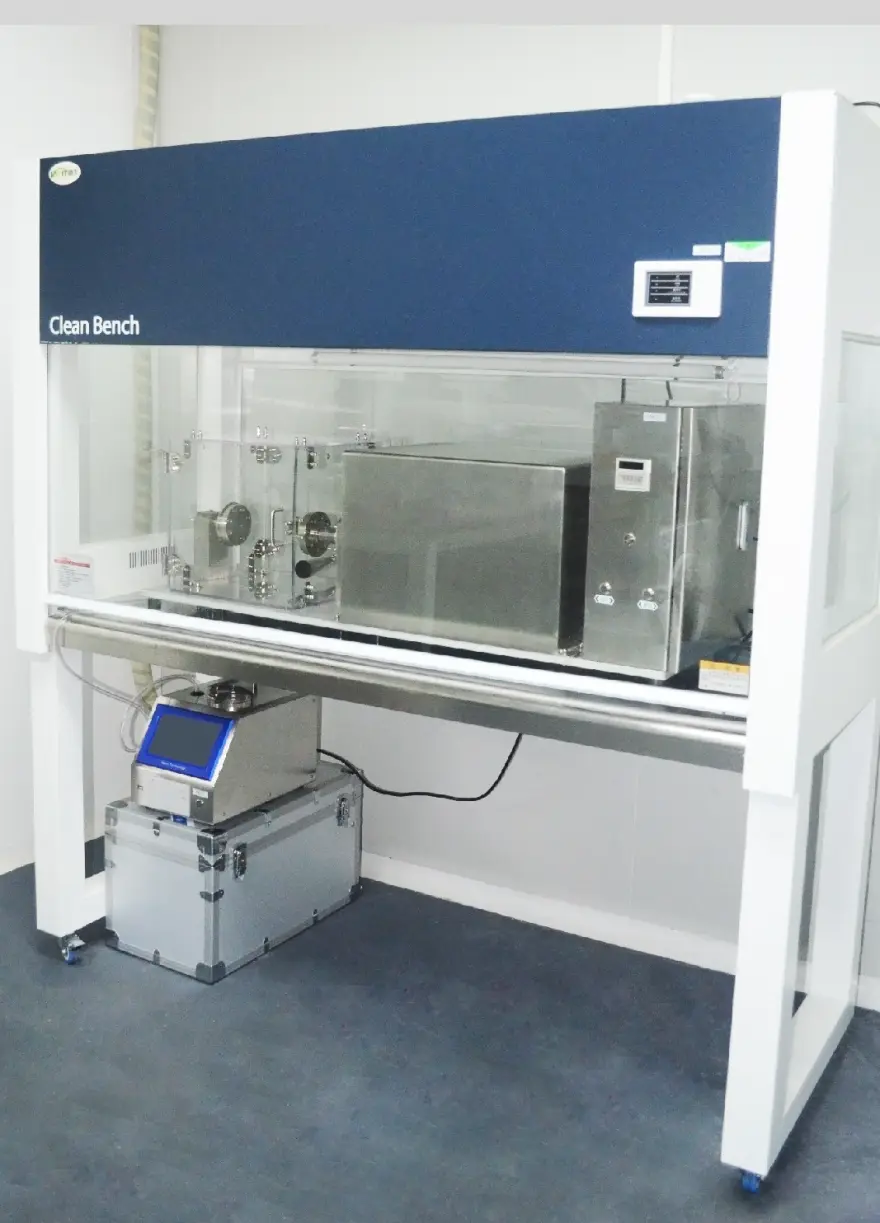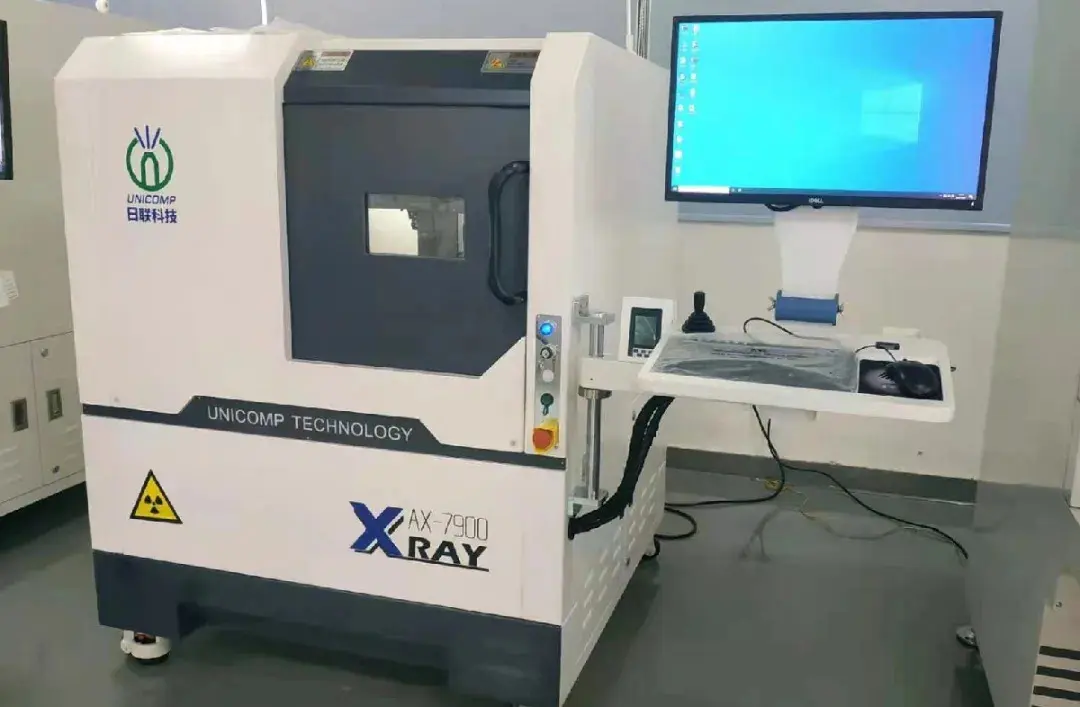
What is Antistatic Ceramic Tile Testing?
Antistatic Ceramic Tile Testing
In modern electronics manufacturing and application environments, electrostatic protection has become a crucial aspect that cannot be ignored. JJR Laboratory, accredited by CNAS and CMA, is a professional antistatic testing institution dedicated to providing comprehensive testing services for antistatic materials, products, and engineering solutions.

The Necessity of Antistatic Ceramic Tile Testing
1. Ubiquity of Static Hazards
In environments such as electronics production workshops, server rooms, and cleanrooms, static electricity can cause damage to electronic components, malfunctions in production equipment, and even safety hazards like fires. Antistatic ceramic tiles are critical antistatic protection materials, and their performance directly impacts the static safety of these spaces.
2. Importance of Meeting Industry Standards
Ceramic tiles that fail to meet antistatic standards may not effectively dissipate static electricity, leading to unstable operating environments for electronic devices. Professional testing ensures that the conductive properties of ceramic tiles comply with relevant standards, providing customers with safe and reliable antistatic protection solutions.
Standards for Antistatic Ceramic Tile Testing
Our testing services adhere strictly to the following authoritative domestic and international standards:
- ANSI/ESD S20.20: Electrostatic Discharge Control Program
- IEC 61340-5-1: Electrostatics—Protection of Electronic Devices from Electrostatic Phenomena—General Requirements
- SJ/T 10694: General Specification for Antistatic Testing in Electronic Product Production and Application Systems
- GJB 3007A: Technical Requirements for Antistatic Work Areas
- GB 26539: Antistatic Ceramic Tiles
These standards provide detailed specifications on technical performance, testing methods, and application scenarios, ensuring scientific and authoritative test results.
Antistatic Testing Items for Ceramic Tiles
We offer the following antistatic performance testing for ceramic tiles:
1. Point-to-Point Resistance:
Measures the resistance between two points on the tile surface to evaluate its conductive performance.
2. Volume Resistance:
Tests the internal conductive capacity of the tile to verify its overall static dissipation efficiency.
3. Friction Voltage:
Assesses the static voltage generated under frictional conditions to ensure it does not interfere with the surrounding environment.
These multidimensional tests provide a comprehensive evaluation of the antistatic performance of ceramic tiles, meeting the requirements of various application scenarios.
### Qualified Antistatic Indicators for Ceramic Tiles
According to GB 26539: Antistatic Ceramic Tiles, the electrical performance indicators for qualified antistatic ceramic tiles are:
- Point-to-Point Resistance: \( 5 \times 10^4 \, \Omega \) to \( 1 \times 10^9 \, \Omega \)
- Volume Resistance: \( 5 \times 10^4 \, \Omega \) to \( 1 \times 10^9 \, \Omega \)
- Surface Resistance: \( 5 \times 10^4 \, \Omega \) to \( 1 \times 10^9 \, \Omega \)
Additionally, based on their electrical properties, international standards classify antistatic flooring into Electrostatic Conductive Flooring (ECF) and Electrostatic Dissipative Flooring (DIF). Customers should select the appropriate ceramic tile type according to their actual usage environment.
Our Service Advantages
Choosing our antistatic ceramic tile testing services provides the following unique benefits:
1. Professional Accreditation
Our CNAS and CMA accreditations ensure internationally recognized test reports, suitable for quality validation, market access, and client communications.
2. Fast and Efficient Services
Our professional team and advanced equipment ensure efficient testing services, helping customers accelerate product launch timelines.
3. Authoritative Technical Support
With extensive experience in electrostatic protection, we not only offer testing services but also provide customized optimization solutions based on customer needs.
4. One-Stop Service
From sample submission to report issuance, the entire process is transparent and controllable, ensuring an excellent and seamless customer experience.
Email:hello@jjrlab.com
Write your message here and send it to us
 IECEE CBTL Testing Laboratory for IVD Medical Devi
IECEE CBTL Testing Laboratory for IVD Medical Devi
 China OECD GLP-Certified Laboratory
China OECD GLP-Certified Laboratory
 Packaging Validation ISO 11607 Test Report
Packaging Validation ISO 11607 Test Report
 What is the ISO 11607-1 Packaging Validation Test?
What is the ISO 11607-1 Packaging Validation Test?
 How to get an ISO 11737-1 Test Report?
How to get an ISO 11737-1 Test Report?
 Orthopedic Implant Cleanliness Testing
Orthopedic Implant Cleanliness Testing
 What is ISO 10993-23:2021 Irritation Testing?
What is ISO 10993-23:2021 Irritation Testing?
 ISO 10993-23 Irritation Testing Laboratory
ISO 10993-23 Irritation Testing Laboratory
Leave us a message
24-hour online customer service at any time to respond, so that you worry!




